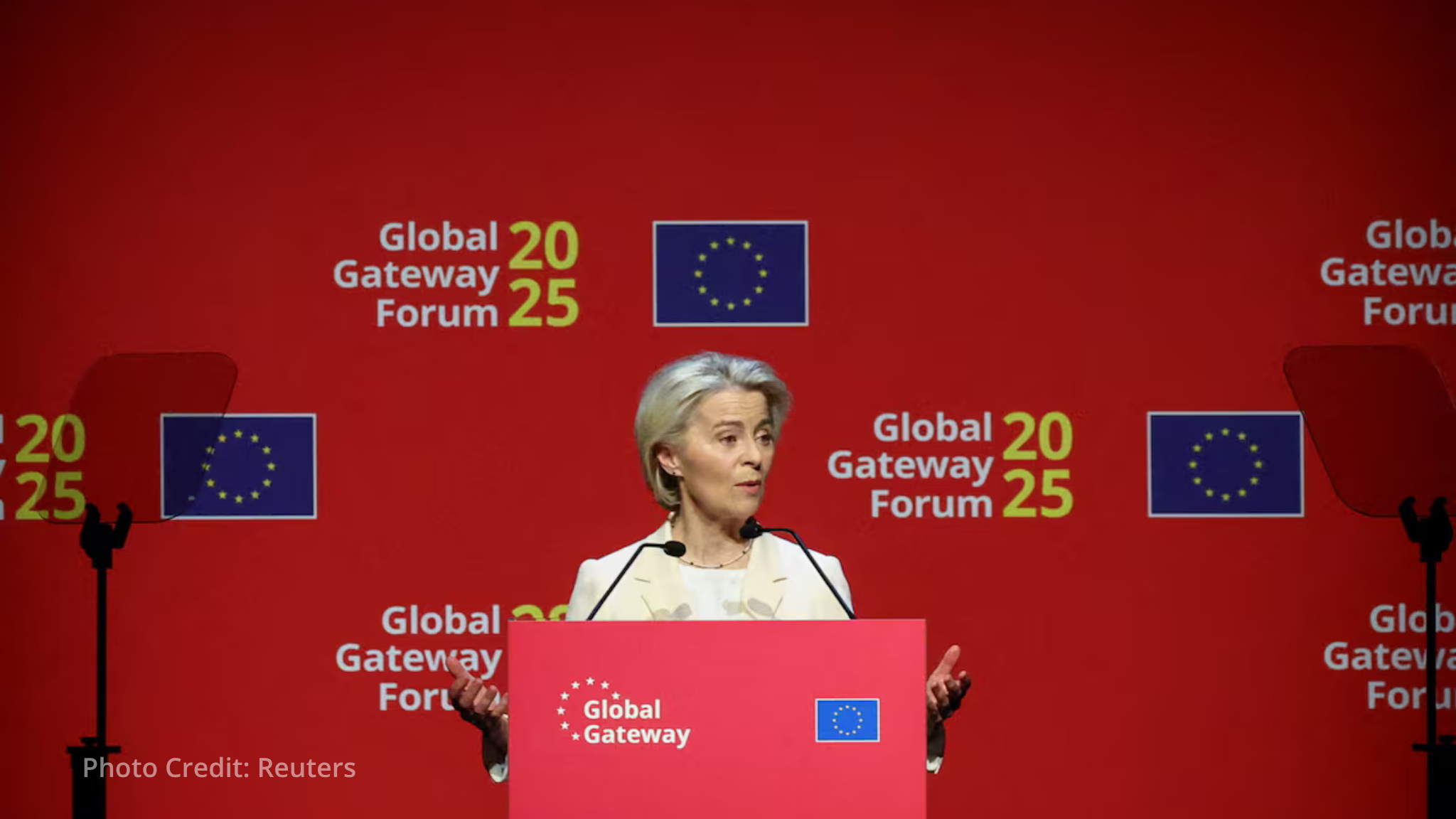The European Commission and World Bank Group are teaming up on 18 major infrastructure projects designed to create jobs and attract private investment across Africa, Asia, and Latin America, the organizations disclosed. The partnership was announced during the Global Gateway Forum taking place October 9-10 in Brussels.
The initial pipeline focuses on energy, transport, and digital infrastructure projects that can scale up quickly and deliver results for local communities. World Bank President Ajay Banga said “creating jobs is a strategic choice” and that jobs in emerging economies expand local opportunity while fueling global demand. The collaboration includes regular high-level meetings and progress updates to make sure projects move from planning to actual results.
The Global Gateway is the EU’s external investment strategy to build connections in digital, energy, and transport sectors while strengthening health, education, and research systems worldwide. The partnership aims to combine European Commission funding with World Bank expertise to unlock private capital at a scale neither organization could reach alone. European Commission President Ursula von der Leyen said they’re taking the partnership “to the next level” with a new framework to steer and monitor joint projects. The focus is on countries with abundant natural resources and large youth populations that need more economic opportunities.
The 18 initial projects were picked for their alignment with both organizations’ priorities and their ability to attract private investment. Officials said the collaboration will create local jobs and drive sustainable economic growth by building vibrant private sectors. The partnership supports the World Bank’s three-pillar job creation strategy: investing in human and physical foundations like education and infrastructure, creating business-friendly environments with clear laws and predictable taxes, and supporting private companies with capital and risk insurance.
Team Europe brings more than just money to these projects. The Global Gateway also provides regulatory support, skill development, training, research, and investment in local jobs and companies beyond hard infrastructure. This approach aims to build partnerships that increase strategic independence and resilience for both Europe and partner countries. The projects are built to high quality and environmental standards while focusing on sustainable investments that contribute to global development goals.
The partnership comes as developing countries face huge infrastructure gaps and need more private investment to meet development and climate goals. By working together, the European Commission and World Bank can align their investments and reduce risks for private companies looking to invest in emerging markets. The initial 18 projects represent a test case for this approach, with potential to expand if successful in creating jobs and attracting additional private funding.

